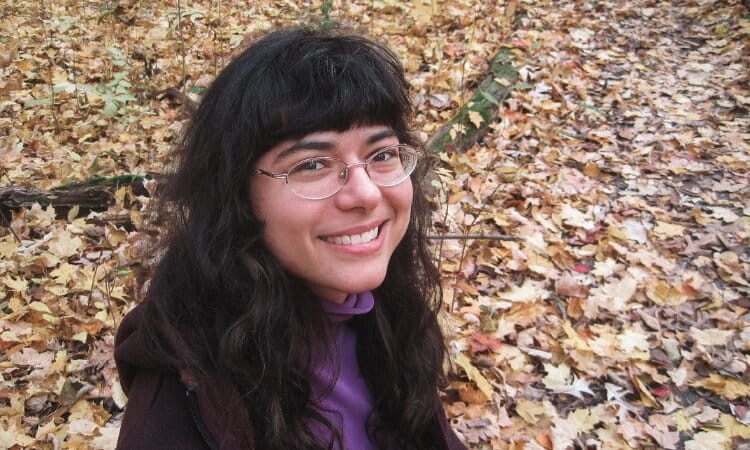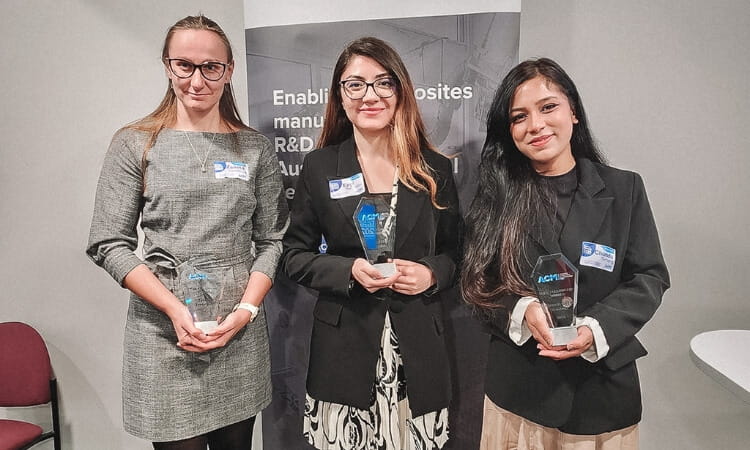PhD student to address UN on space sustainability

Sustainability is essential not only for preserving the environment on Earth but also for space, where the impact of human activity is increasing.
University of Southern Queensland (UniSQ) PhD student Jessica Heim will present on space sustainability and the preservation of dark skies as part of the Science Summit at the United Nations (UN) 79th General Assembly on Monday 16 September.
During a session moderated by UN Office for Outer Space Affairs former Acting Director Niklas Hedman, Ms Heim will discuss protecting dark and quiet skies from satellite constellation interference (IAU-CPS) and the importance of addressing Earth-space environmental issues.
“If we wish to enable a sustainable human future in space, it’s crucial that we address the impacts of human activities on the night sky and the space environment,” Ms Heim said.
“I will discuss how we might broaden our understanding of space sustainability to better encompass the continuum of the Earth-space environment and the night sky.
“I’m excited to contribute to the conversation on space sustainability at such an important forum.”
The space sustainability session will explore issues related to the space sustainability paradox – the growing reliance on space activities to support sustainable development on Earth and the potential unsustainable consequences of those activities in space.
“To me, the core questions are: what is the nature of our relationships with the Earth, the night sky, and the larger space environment? And are we treating each other and these environments with care?,” Ms Heim said.
“When we consider the countless ways these environments are inextricably connected to each other and to ourselves, we can more effectively find ways to create a positive future for humanity.”
The invitation for a UniSQ Centre for Astrophysics researcher to speak at the UN underscores the University’s ongoing commitment to advancing space science and contributing to global discussions on sustainability.
Register for free and attend the session virtually. It will begin at 9pm AEST.
Find out more about the University of Southern Queensland’s Centre for Astrophysics.


